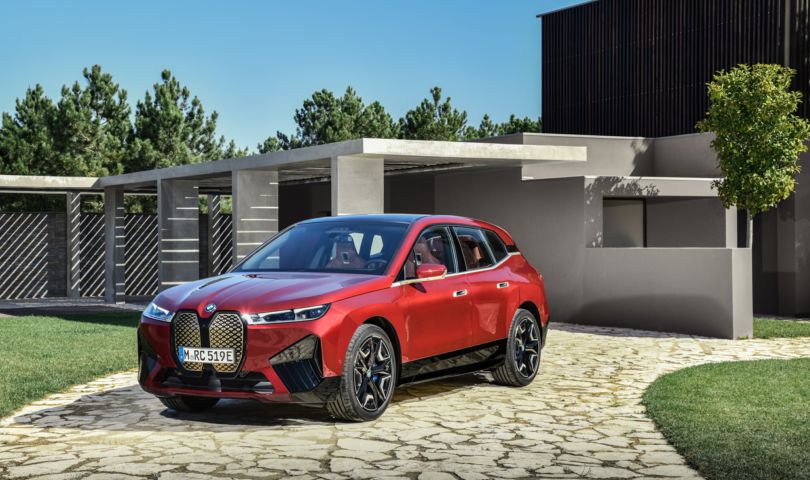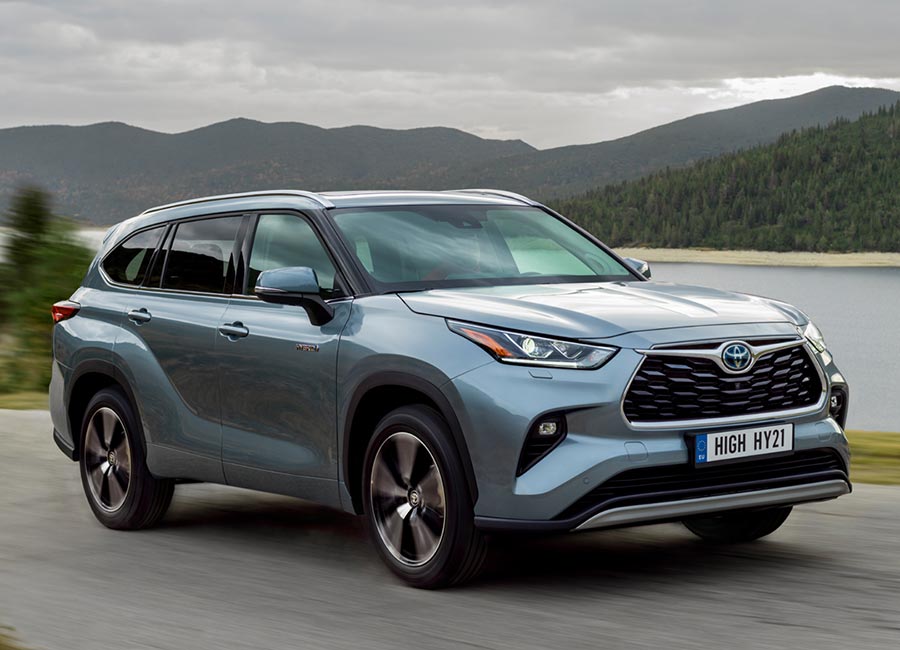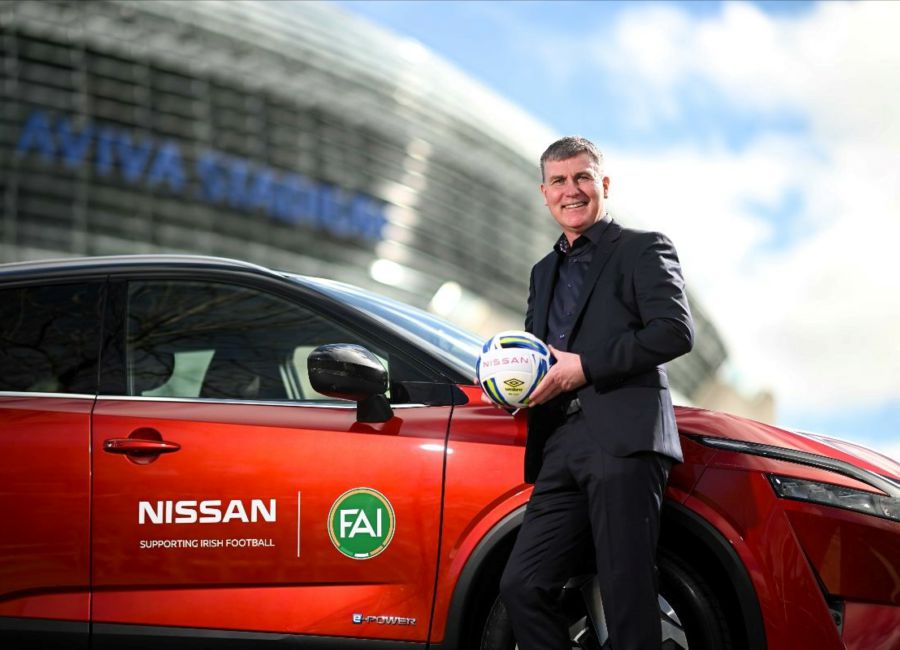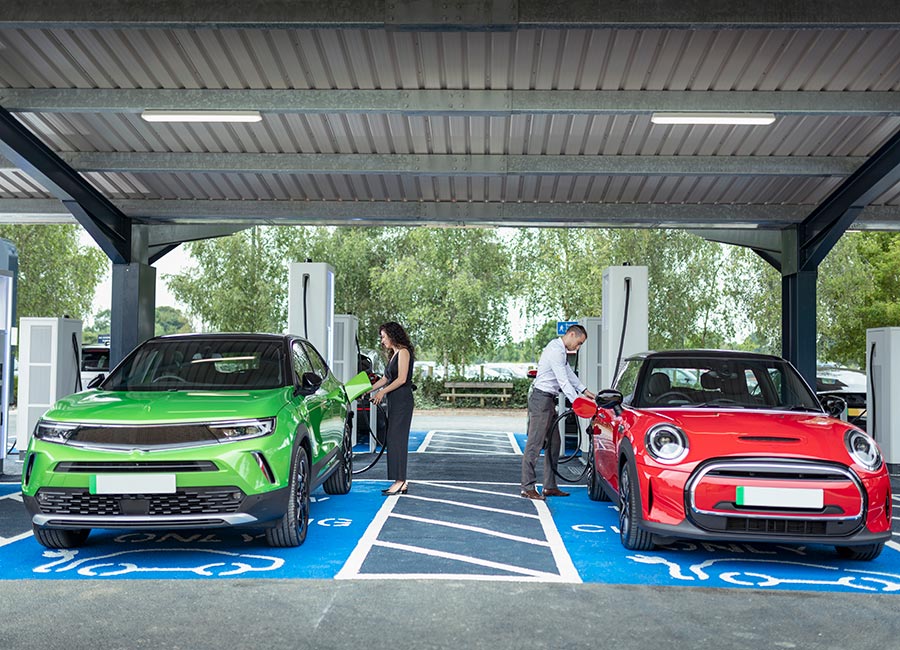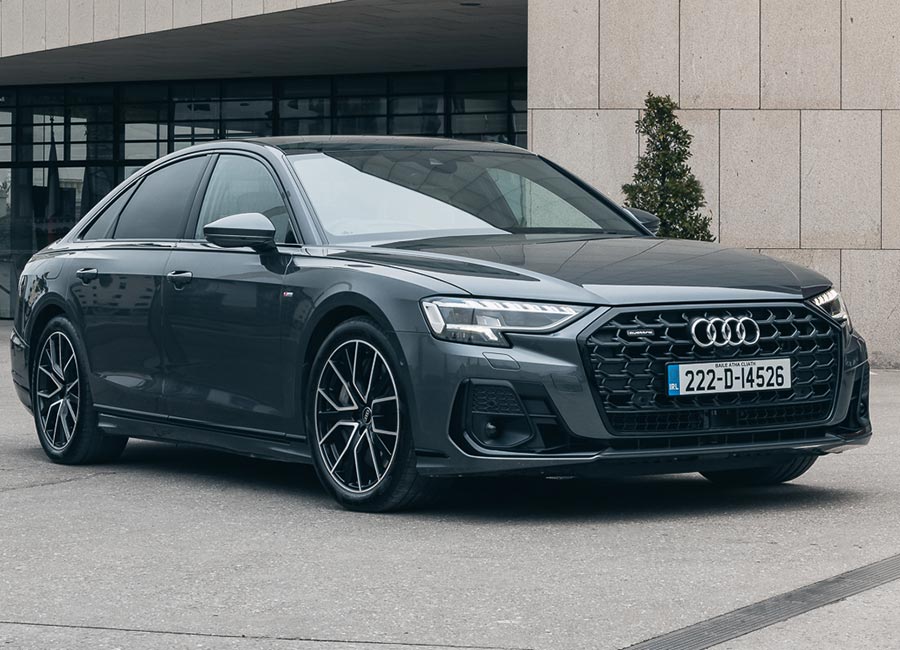Sponsored Content
The BMW Group has been ranked as the most sustainable automotive company in the world by the Dow Jones Sustainability Indices (DJSI), and it is the only automobile manufacturer to be consistently named among industry leaders since the Dow Jones Sustainability Indices were created in 1999.
The success of the BMW Group has always been based on long-term thinking and responsible action. Did you know that back at the Summer Olympic Games of 1972 held in Munich an all electric BMW 1602e drove ahead of athletes in endurance events to film them and supply them with water as necessary? Emission-free and silent, it was the ideal vehicle at the time, and it did not obstruct competitors in achieving the best performances of their lives. Almost five decades later, BMW has perfected its electric mobility capabilities through the development of the BMW i sub-brand and range of exciting electric cars, plug-in hybrids and mild hybrid technology.
The BMW Group's single biggest ambition is to be the most sustainable premium brand for individual mobility. With clear targets to dramatically reduce Co2 emissions through the electrification of its brands, the BMW Group is tackling every aspect of the entire value chain of its products and services.
“We must design our vehicles for sustainability from the very first day of development: reducing the amount of material used to manufacture them and, above all, planning for reuse and recycling from the very beginning. We have developed a detailed ten-year plan with annual interim goals for the timeframe up to 2030,” said Oliver Zipse, Chairman of the Board of Management of BMW AG.
Concrete Co2 Targets For Its Supply Chain
Having already lowered emissions per vehicle produced by over 70 per cent since 2006, the BMW Group will aim to reduce its emissions by a further 80 per cent (from 2019 levels) by 2030. One of the ways the BMW Group is doing this is by defining a supplier's carbon footprint as a decision criterion in its contract award processes. The company leads the way as the first automotive manufacturer to establish concrete Co2 targets for its supply chain.
Since 2020, all production sites worldwide are operated exclusively with electricity from renewable energy sources. And this year all BMW production plants and locations will become climate-neutral: firstly, by reducing overall energy consumption, and secondly by then only using renewable energies that we have generated ourselves to the greatest possible extent.
Another way in which the BMW Group thinks about the entire value chain is through projects such as the ‘Cobalt for Development’. This cross-industry initiative started training programmes for twelve mining co-operatives in Republic of Congo (DR Congo). It includes mine site management and legal compliance, human rights, health and safety, as well as environmental management. The initiative was established to better understand and address challenges for responsible mining in the region, and was developed alongside BASF, Samsung SDI and Samsung Electronics.
As the BMW Group accelerates its expansion of e-mobility in the coming years, the need for lithium, an important raw material for production of battery cells, will increase. For this reason, the BMW Group will source lithium from a second leading supplier, US-based Livent. The importance of using a second supplier is that it makes the BMW Group technologically, geographically and geopolitically less dependent on individual suppliers.
Rethink, Reduce, Reuse, Recycle
Making use of Circular Economy
As part of the objective to become the most sustainable premium brand, recycling is a key factor. Alongside the intelligent planning of its products, the reuse of materials in the form of recycled substances is also firmly anchored in the supply-chain, as is recycling 99% of all waste generated in the production of its cars.
Later this year, the company will reveal plans to substantially increase the percentage of secondary material, such as recycled steel, plastics and aluminium. Faced with a shortage of natural resources and rising raw material prices, the BMW Group sees this step as a crucial lever for sustainable business practices and creating a clear efficiency imperative. To achieve this, the BMW Group has initiated a paradigm shift in development with a ‘secondary first’ approach i.e. using secondary material wherever the quality and availability of materials allow.
However, the goal of climate neutrality and emission-free mobility can only be achieved through a variety of drive technologies. For this reason, and in order to achieve even greater flexibility with regard to the needs of our customers, BMW will continue to drive alternative options for future mobility, including the advancement of hydrogen fuel cell technology. Step by step, BMW will break new ground towards an environmentally friendly and emission-free future.
BMW Plug-in Hybrids
Of course, driving a BMW will always be about the joy of the journey. Whether it's a traditional engine, plug-in hybrid or electric, it's still The Ultimate Driving Machine. BMW's range of plug-in hybrids also delivers on this promise through superb performance in terms of fuel economy and responsiveness, seamless connectivity and luxurious comforts - just as you would expect. There are no less than 15 models with plug-in hybrid technology, and there will be a further ten electrified vehicles added to BMW's range by 2023.
One of the criticisms of plug-in hybrid technology is the uptake of charging. One way BMW is tackling this is through eDrive Zones. Last year BMW launched a new digital service in London and Birmingham which automates the process of switching to electric-only power when a plug-in hybrid vehicle enters a defined area of these cities. The service, unique in the worldwide automotive industry, automatically conserves electric power for use during the part of the journey within the low emission zone, if the journey destination is entered into the vehicle’s navigation system.
This new technology ensures BMW plug-in hybrid models offer consumers the best of both worlds: electric-only driving in the city, where it makes the most difference, and a highly efficient internal combustion engine to cover long distances. And later this year, BMW Ireland will mark an important milestone with the arrival of no less than three new electric models: the all-new BMW iX, BMW iX3 and BMW i4.
The All New BMW iX
The BMW iX, the new flagship model for the BMW Group, represents the vision of a future vehicle. All-electric, highly automated and fully connected, the BMW iX makes new travelling experiences possible. Autonomous driving and even the interior are completely redefined. It’s more than innovative and aesthetic - it’s a place to feel at ease and choose how you spend your time.
With the iX, BMW introduces a visionary driving experience that converts the road into your favourite destination. The most beautiful place to drive is inside the iX. Re-engineered seats, including new lounge seats in the rear, feature a beautifully crafted asymmetrical diagonal design with additional contrasting seams.
The use of exclusively renewable energy sources during production, and the use of natural materials and recyclates within the interior, makes the iX BMW’s most sustainable car yet. From the naturally olive leaf-tanned Castanea leather to the 100% Econyl floor mats, every detail within the entire lifecycle is not only considered but instrumental in creating the Ultimate Driving Machine for a new generation.
Photo: The BMW iX


